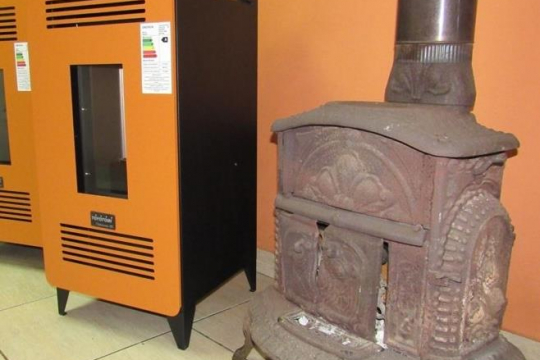Abstract
We estimate the key private benefits of a program to improve ambient air quality during winter in central Chile by replacing inefficient wood-fired home heating stoves with more efficient pellet stoves. We are interested in the private benefits to households because they represent the additional value of the program and likely drive private adoption. Combining electronic stove surface temperature and air pollution monitoring with household surveys, we estimate the effects of adoption on household fuel expenditures, indoor temperatures, and indoor air pollution concentrations (PM2.5). We also explore the heterogeneous effects of the program by income group and energy poverty status. Our results suggest that, after controlling for observable characteristics of individuals and dwellings, users of pellet stoves on average enjoy 14% lower indoor PM2.5 concentrations compared with those who have traditional stoves. Lower-income and energy-poor households receive much greater than average improvements in indoor air pollution than those with higher incomes, driving the overall sample estimate and indicating that the program is progressive in this dimension. While those who use more efficient pellet stoves have more stable indoor temperatures than those using traditional stoves, we find no differences in mean temperatures. The improved heating stove has significantly higher operating costs, and we find that these costs are most salient for low-income and energy-poor households.
Keywords: Air pollution; energy transition; environmental policies; household behavior; heating; stoves.



